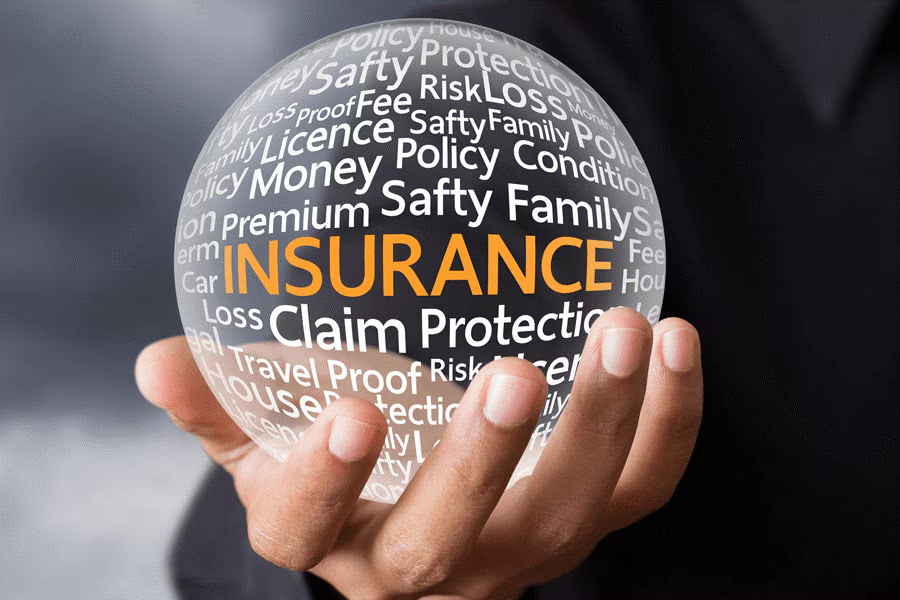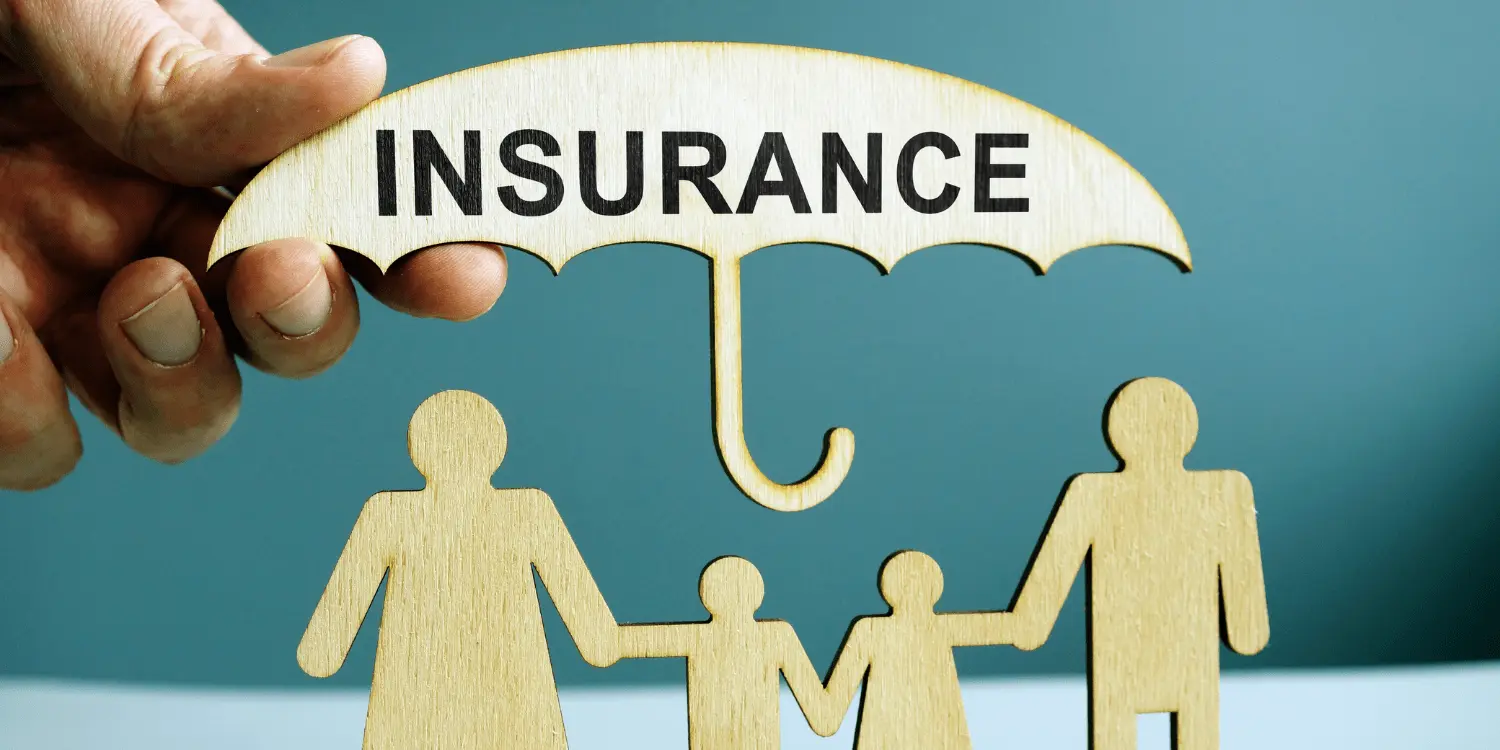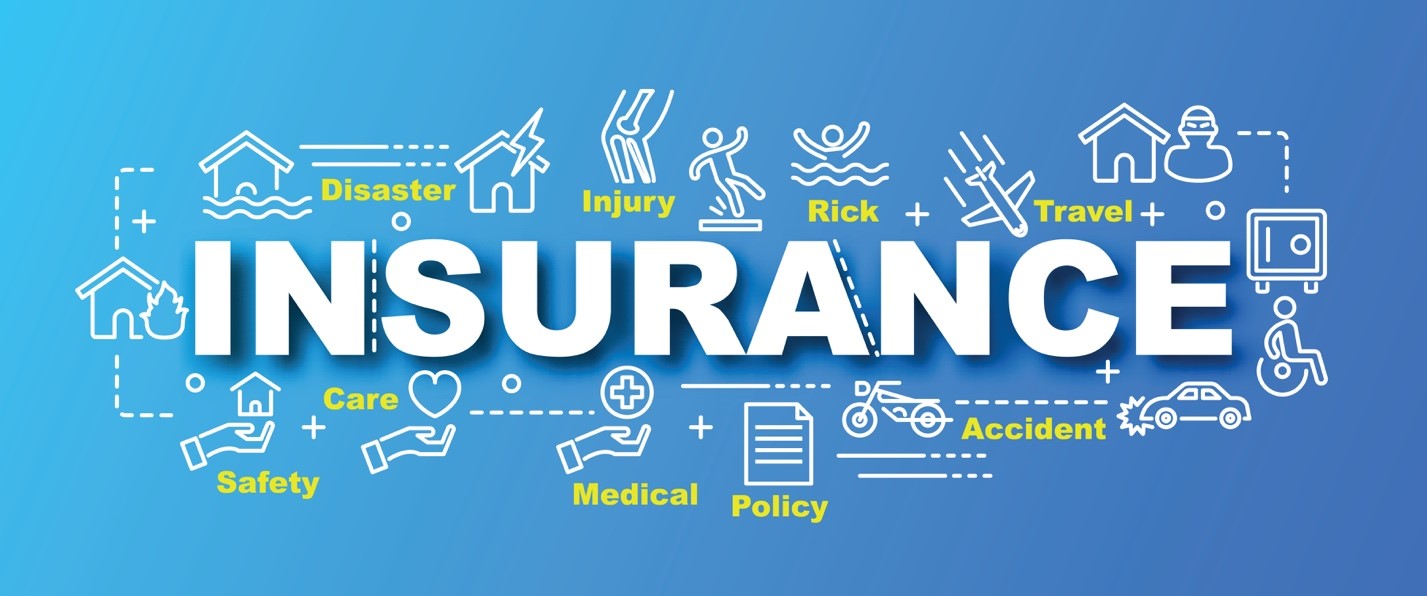Purchasing a vehicle from an insurance auto auction can be an appealing option for budget-conscious buyers, car enthusiasts, or those seeking project vehicles. However, this route comes with its own set of challenges and considerations. Understanding the nuances of insurance auto auctions is crucial to making an informed and successful purchase.
Key Takeaways
- Understand Title Types: Recognize the implications of salvage, rebuilt, and clean titles.
- Inspect Thoroughly: Always assess the vehicle’s condition before bidding.
- Do Your Research: Know the vehicle’s history and market value.
- Set a Budget: Include potential repair and registration costs in your budget.
- Be Prepared for Challenges: Understand the complexities of insuring and registering salvage vehicles.
Understanding Insurance Auto Auctions

Insurance auto auctions are platforms where vehicles deemed a total loss by insurance companies are sold to the highest bidder. These vehicles may have been involved in accidents, suffered from natural disasters, or experienced other forms of damage. The primary auction houses in the United States include:
- IAA (Insurance Auto Auctions)
- Copart
- Manheim
- ADESA
These auctions cater to both licensed dealers and, in some cases, the general public. It’s important to note that while some auctions are open to the public, others may require a dealer’s license to participate.
Key Considerations Before Participatin

Vehicle Titles and Their Implications
One of the first aspects to understand is the type of title the vehicle holds. Common titles include:
- Salvage Title: Indicates the vehicle was declared a total loss by an insurance company due to damage.
- Rebuilt Title: A salvage vehicle that has been repaired and inspected to meet state standards.
- Clean Title: No significant damage history.
Vehicles with salvage or rebuilt titles can be more affordable but may come with challenges such as higher insurance premiums, difficulty in registration, and reduced resale value.
Vehicle Condition and Inspection

Vehicles sold at insurance auto auctions are typically sold “as-is,” meaning there are no warranties or guarantees regarding their condition. It’s essential to:
- Inspect the Vehicle: If allowed, conduct a thorough inspection of the vehicle’s exterior, interior, and undercarriage.
- Check for Specific Damages: Look for signs of frame damage, airbag deployment, flood damage, or rust.
- Consider Professional Help: Hiring a mechanic or professional inspector can provide a more detailed assessment.
Research and Due Diligence
Before bidding on a vehicle:
- Obtain a Vehicle History Report: Use the Vehicle Identification Number (VIN) to get reports from services like CARFAX or AutoCheck.
- Research Market Value: Understand the fair market value of the vehicle to avoid overbidding.
- Know the Auction Fees: Be aware of buyer’s premiums, registration fees, and any other associated costs.
Bidding Strategy
- Set a Budget: Determine the maximum amount you’re willing to spend, including potential repair costs.
- Understand the Bidding Process: Familiarize yourself with the auction’s rules and procedures.
- Stay Calm: Avoid getting caught up in bidding wars that can lead to overspending.
Understand What Insurance Auto Auctions Are
Insurance auto auctions are events where insurance companies sell vehicles that have been damaged in accidents, floods, or other circumstances. These cars have often been declared total losses because the cost of repairs exceeds the vehicle’s value. The insurance companies sell these cars in bulk through auctions, and the vehicles may go to buyers looking for salvageable parts, repairable cars, or even those intending to restore the vehicle to full functionality.
There are two main types of insurance auto auctions:
- Public Auctions: Open to everyone, including private buyers, dealers, and businesses.
- Dealer-Only Auctions: Reserved exclusively for licensed car dealers.
As a private buyer, you are most likely going to be involved in public auctions, but it’s essential to know the difference between the two and understand the specific auction rules.
Do Your Research on the Auction
Before jumping into an auction, research and familiarize yourself with the company hosting the auction, the types of cars they sell, and the bidding process. Some insurance auto auction houses specialize in certain vehicle types, while others might have a broader range. It’s important to read reviews, speak with past buyers, and attend a few auctions as an observer to understand how things work.
Most insurance auto auctions will list available vehicles online, with detailed descriptions of each car’s condition. Take the time to review the available inventory to get a sense of what is being sold. Auctions may offer cars in various conditions, including:
- Salvage: These vehicles are typically damaged but may be repairable.
- Rebuildable: Cars that have been severely damaged but are still restorable with the right parts and labor.
- Parts Only: These vehicles are generally considered a source for parts and are unlikely to be repaired for road use.
Inspect the Vehicle’s Condition
One of the most important steps before bidding at an insurance auto auction is thoroughly inspecting the vehicle’s condition. While insurance auctions provide descriptions, pictures, and reports, you often won’t have the opportunity to test-drive the vehicle. This can make the condition of the car somewhat of a gamble.
Here are a few things you should check:
- Exterior Damage: Look for signs of collision damage, rust, or weather-related wear. Assess how much repair work might be needed on the body of the car.
- Interior Condition: Check the upholstery, dashboard, and electronics inside the car. Repairing interior components can add up.
- Engine and Transmission: These are the most expensive components to fix, so it’s essential to understand the extent of any damage or mechanical issues.
- Flood Damage: Cars affected by floods can have hidden electrical problems, rust, or engine issues. If possible, check for water stains or rust in unusual places.
- Odometer Reading: Make sure the odometer reading is consistent with the car’s history and condition. Some cars sold at auction may have tampered odometers.
If you can, hire an experienced mechanic or vehicle inspector to assess the car before the auction. They may be able to spot issues that aren’t immediately visible to an untrained eye.
Know the Vehicle’s History
Most cars sold at insurance auto auctions have an accident or damage history. It’s important to understand the vehicle’s background to avoid any surprises after purchasing.
Get a vehicle history report through services like Carfax or AutoCheck. These reports will show the car’s title status, accident history, previous ownership, and whether it has a salvage or rebuilt title. A salvage title means that the insurance company has deemed the car a total loss, and it might not be roadworthy without extensive repairs. A rebuilt title indicates the car was repaired and passed a state inspection to return to the road.
Knowing the history of the vehicle will help you assess its true value, the cost of any future repairs, and whether it’s even worth bidding on.
Understand Salvage Titles and Their Implications
A significant aspect of buying from an insurance auto auction is understanding salvage titles. When a car is declared a total loss by an insurance company, it is often given a salvage title. This means the car was deemed too expensive to repair and was written off by the insurance company.
If you’re interested in purchasing a salvage-titled vehicle, you must be prepared for the following:
- Difficulty Obtaining Insurance: Many insurance companies will not provide full coverage for a vehicle with a salvage title, and some may refuse to insure it at all.
- State Inspections: Depending on your state, you may need to pass a state inspection before registering a salvage-titled car for road use. The process may involve significant paperwork, fees, and mechanical checks.
- Lower Resale Value: Salvage-titled vehicles generally have a lower resale value, so if you plan on selling it in the future, you’ll likely get much less for it than a car with a clean title.
While buying a salvage-titled car can be a good deal if you’re willing to repair it, be sure to weigh the costs and potential challenges carefully.
Set a Budget and Stick to It
One of the key factors in successfully purchasing from an insurance auto auction is setting a firm budget and sticking to it. It can be easy to get caught up in the excitement of bidding, but overspending is a common mistake. Factor in not only the purchase price but also the cost of repairs, towing fees, registration, taxes, and any other associated expenses.
Be realistic about how much work a car might need and whether you have the skills or resources to repair it. If you’re planning to hire a professional for repairs, get estimates before bidding to ensure that you don’t exceed your budget.
Be Aware of Additional Fees
When you win a bid at an insurance auto auction, there are often additional fees you’ll need to pay beyond the hammer price. These fees can include:
- Buyer’s Premium: A percentage of the final bid amount, typically ranging from 5-15%.
- Auction Fees: Some auction houses charge processing or administration fees.
- Transportation Fees: If the car isn’t drivable, you’ll need to arrange for towing or transportation, which can add up.
Factor these additional costs into your budget before making a bid to avoid any surprises down the road.
Understand the Bidding Process
Insurance auto auctions typically have a fast-paced and competitive bidding process. Each car is auctioned individually, and the bidding often moves quickly. If you’re new to auction bidding, take some time to learn the process. Attend a few auctions as an observer to get comfortable with the pace, the language, and the bidding strategies.
Some tips for successful bidding include:
- Set a Maximum Bid: Know your top price and don’t go over it, even if the bidding gets intense.
- Don’t Get Emotionally Attached: It’s easy to get caught up in the excitement, but remember that there are always other vehicles available.
- Bid Early, Not Late: Waiting until the last second to place a bid can lead to losing the auction. Bidding early gives you a better chance to secure the vehicle at your desired price.
Know What Happens After You Win the Bid
Once you’ve successfully placed a winning bid, you’ll need to complete the transaction quickly. Auction houses usually require immediate payment or payment within a few days after winning the auction. Be prepared to pay via bank transfer, credit card, or other approved methods.
You’ll also need to arrange for the vehicle’s title transfer and registration. Some auction houses will handle this process for you, while others may require you to handle it yourself.
Consider the Risks
While purchasing from an insurance auto auction can be a great way to save money, there are inherent risks:
- Hidden Damage: Some vehicles may have hidden mechanical or structural damage that’s not visible during an inspection.
- No Warranty or Guarantee: Most auctioned vehicles are sold “as-is,” meaning there’s no warranty or guarantee for repairs or future performance.
- High Repair Costs: Some repairs may be more expensive than anticipated, especially if the vehicle requires specialty parts or labor.
Post-Purchase Considerations
| Post-Purchase Consideration | Details |
|---|---|
| Transportation | Arrange for the vehicle to be transported from the auction site to your location. Options include hiring a tow truck or using transport services. |
| Title and Registration Transfer | Complete the necessary paperwork to transfer the vehicle’s title and register it with the local DMV or relevant authorities. Be prepared for additional fees for title transfers, especially for salvage or rebuilt titles. |
| Repair and Restoration | Plan for any immediate repairs or restoration work. Depending on the condition of the vehicle, you may need to hire a mechanic for mechanical repairs or body work. |
| Insurance | Contact an insurance company to arrange coverage for the vehicle. Note that insuring a vehicle with a salvage or rebuilt title may be more expensive, and some insurers may refuse to cover such vehicles. |
After winning a bid:
- Arrange for Transportation: Plan how to transport the vehicle from the auction site.
- Handle Registration and Title Transfer: Ensure you complete all necessary paperwork to legally own the vehicle.
- Plan for Repairs: Be prepared for the time and cost involved in making the vehicle roadworthy.
Also Read: Is Buying a Car from an Insurance Auto Auction a Good Idea?
Conclusion
Buying from an insurance auto auction can be a rewarding experience if approached with caution and thorough preparation. By understanding the vehicle’s title status, conducting proper inspections, researching market values, and setting a clear budget, you can mitigate risks and make a purchase that aligns with your needs and expectations.
FAQs
1. Can I buy a car from an insurance auto auction without a dealer’s license?
Yes, some auctions allow the general public to participate. However, many require a dealer’s license. It’s essential to check the specific requirements of the auction house.
2. Are vehicles at insurance auto auctions repaired before sale?
Typically, vehicles are sold in their current condition. Some may have been repaired, but many are sold as salvage or for parts.
3. How can I inspect a vehicle at an insurance auto auction?
Some auctions allow in-person inspections before the bidding starts. If not, you may need to rely on photos and descriptions provided online.
4. Can I return a vehicle if I change my mind?
Most insurance auto auctions operate on a final sale basis, meaning once you win a bid, the sale is binding.
5. Are there financing options available for auction purchases?
Financing can be challenging for salvage vehicles. Some lenders may offer loans, but terms may be less favorable.
6. How do I transfer the title of a vehicle purchased at auction?
Title transfer procedures vary by state. Generally, you’ll need to complete paperwork at your local Department of Motor Vehicles (DMV).
7. Can I insure a vehicle with a salvage title?
Insuring a salvage-titled vehicle can be more difficult. Some insurance companies may offer limited coverage, while others may not provide any coverage at all.








